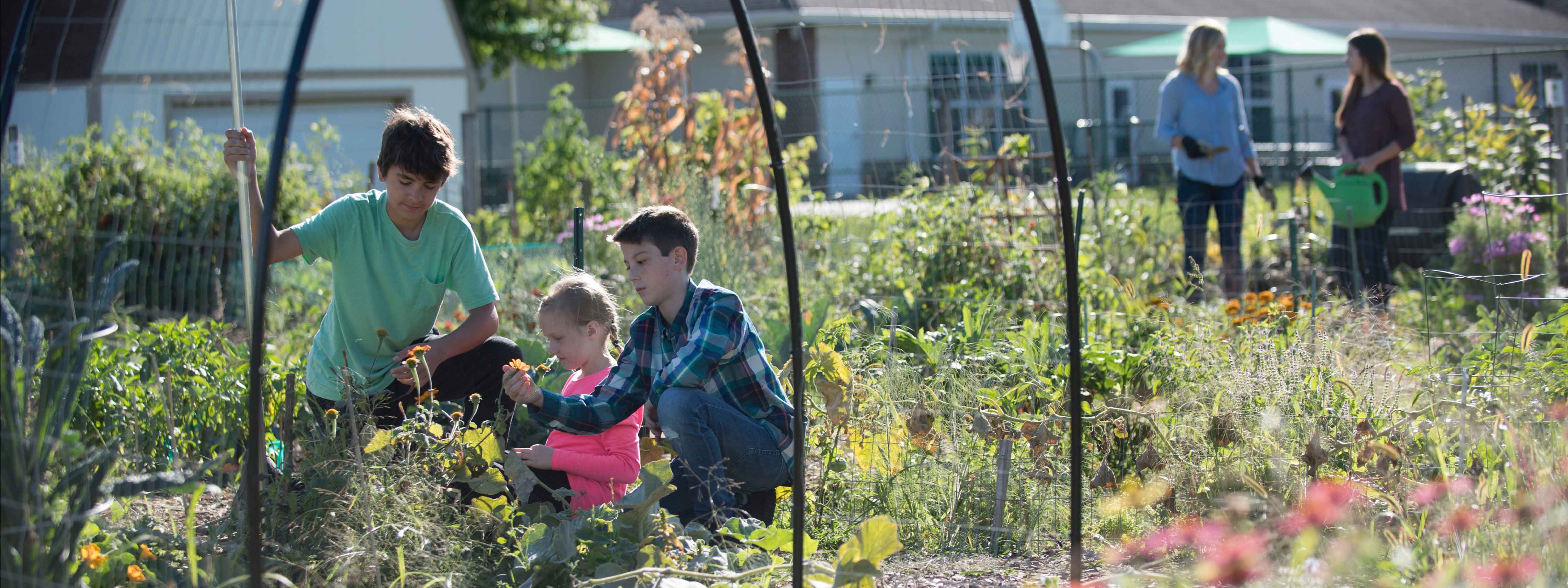Get A C.L.U.E.!

~by Michael Wilcox
Assistant Director and Program Leader for Community Development / Purdue Extension
Associate Director / North Central Regional Center for Rural Development (NCRCRD)
You may have noticed a trend if you have been reading my blog in the Purdue Extension Community Development Newsletter, I spend a lot of time thinking about data and how it affects relationships between community members. My Extension colleagues might attribute this to my Real Colors profile. You see, I am a strange bird. I am half Blue (emotionally-driven, enthusiastic, sympathetic) and half Green (logically-driven, focused, analytical). Some would jokingly say that this is because I am an Italian-American (stereotypically Blue) Agricultural Economist (stereotypically Green (…and cheap!)).
All jokes aside, this combination has wreaked havoc on me personally and professionally over the last year. With an unrelenting pandemic, political turmoil, economic turbulence, and social discord front and center almost every day, being emotionally and logically-driven has set me up for a rollercoaster of a ride. Similarly, communities across the country have sought to make sense of things. Unfortunately, this has often led to reasonable people trying to reason with unreasonable people.
In the discipline of community development, we depend on reliable data and robust research to help guide our asset-based, community-driven approaches to address issues and develop actionable evidence-based solutions. We are blessed in the United States to have strong public, private and philanthropic institutions that serve as sources of such data and research. We are also blessed with a free press that serves as an additional source of analysis and a check on our institutions. However, we also must deal with sources of information that are not as reliable and lean on biased data, misinformation, and ‘fake news’.
Data and information are never enough, we must also endeavor to dialogue. The pandemic has put us in a situation where dialogue is not taking place face-to-face, but over video conference calls and other less personal means. Making matters worse, our digital environment is neither equitable nor inclusive and, with our increasing reliance on social media, communication has a greater reach than ever before but people are choosing to be more insular. This has hampered constructive dialogue and led to negative outcomes.
Our Purdue Extension Community Development team delivers several Signature Programs aimed at helping communities, and community members, deal with issues through data and dialogue. On the data side, our Indiana County Data Snapshots and the Purdue Center for Regional Development’s Data Analysis Tools are great places to start. In terms of dialogue, our Facilitative Leadership, Navigating Difference, Conservation Through Community Leadership, and Coming Together for Racial Understanding programs deliver the training and tools you need to effectively dialogue in your community.
In support of this work, our colleagues at Michigan State University have shared two meaningful approaches to cultivate more constructive dialogue. The first explores Approaches to Positive Confrontation that encourages us to be aware of ourselves, to be respectful, constructive, and clear while providing accurate information and inviting further discussion. The other approach relies on an acronym – C.L.A.R.A. – which outlines a process for dialogue that starts with Calming and Centering yourself, Affirming that you have some common ground, Responding with questions and ideas, and Adding information to further the dialogue. This iterative approach requires patience, practice, and “doing the work” so you are prepared to have difficult conversations.
Now, after everything that has happened over the last year, I have decided that data and dialogue are not enough. I think it is about time that we all Get A C.L.U.E.! While data and dialogue are necessary starting points, our communities need to add the key ingredients of Compassion, Love, Understanding, and Empathy. You can have all of the data in the world and talk until you are blue in the face, but without a C.L.U.E., you will go nowhere.




